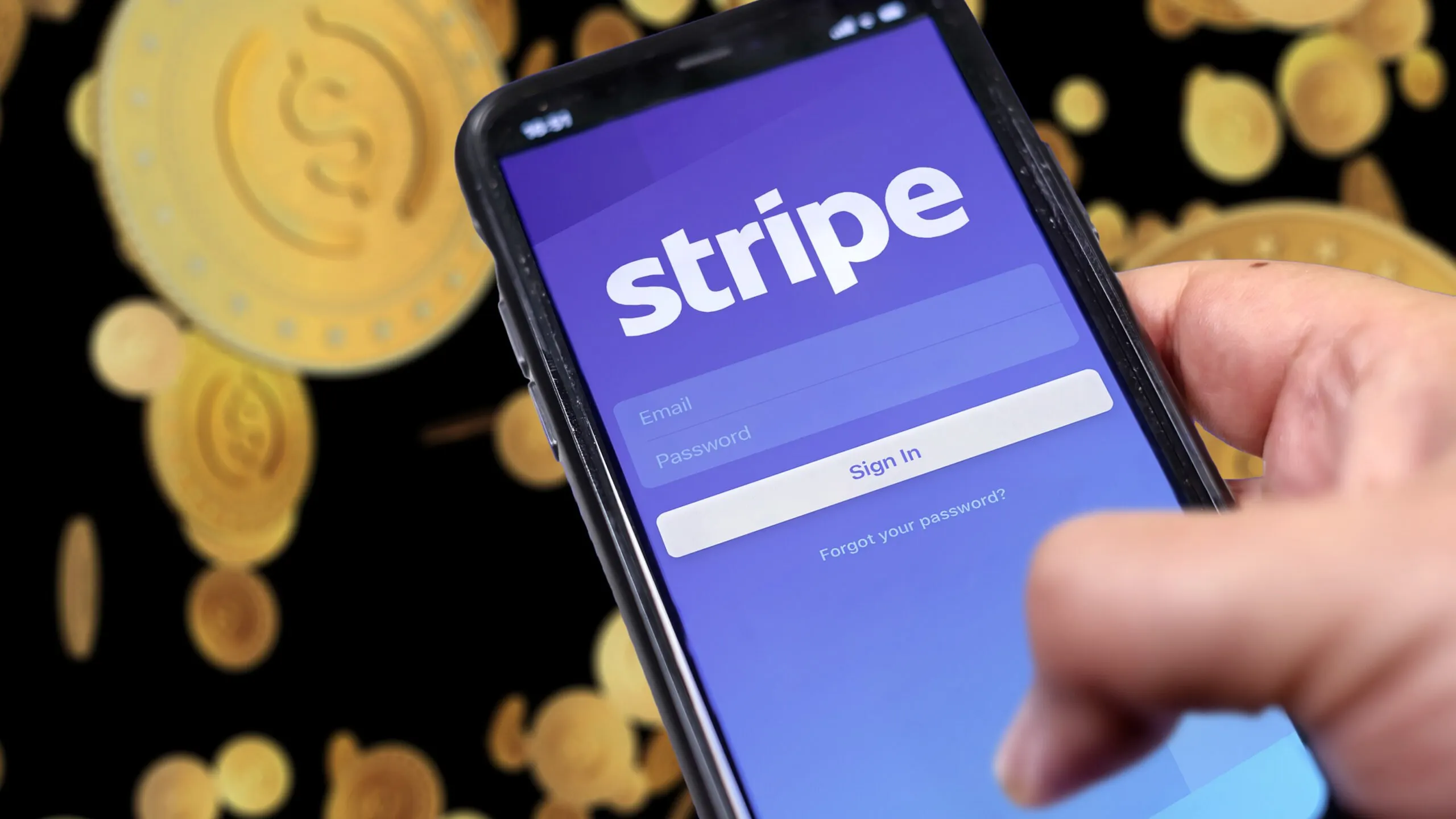On Wednesday, global payments giant Stripe fulfilled its April commitment to reinstate crypto support, marking six years since it first discontinued Bitcoin payments on its platform.
The San Francisco-based firm has introduced a new payment option that allows businesses to accept USD Coin (USDC) from customers in more than 150 countries, Jeff Weinstein, Stripe’s product lead, announced on Twitter (X).
“Crypto on Stripe is officially back!” he tweeted. “We're rolling this out to hundreds of thousands of US businesses today.”
Support for additional countries is expected to be rolled out in the near future. Decrypt has reached out to clarify that point.
In April, Weinstein announced that Stripe would initially support payments using USDC across Ethereum, Solana, and Polygon networks.
Stripe follows the lead of rival PayPal in offering crypto rails to support transactions after it expanded its services in 2021. PayPal began allowing customers to make purchases at millions of merchants worldwide using its “Checkout With Crypto” feature.
Following that approach, Stripe aims to simplify crypto transactions by automatically converting stablecoin payments into fiat currency and settling them via a merchant's Stripe account.
The “Pay with Crypto” feature allows businesses to integrate stablecoin payments through Stripe Checkout, Elements, or the Payment Intents API.
Payment limits are set at $10,000 per transaction and $100,000 per month, with the firm charging a 1.5% transaction fee, according to a product page.
Stripe’s reintroduction of its crypto services comes after a decision to end support for Bitcoin payments in 2018, where it cited concerns over market volatility, slow transaction speeds, and high fees. The company first began supporting Bitcoin payments in 2014.
Stripe has also integrated with Avalanche to allow users to access niche crypto products and NFT platforms that run on the network.
Edited by Sebastian Sinclair

